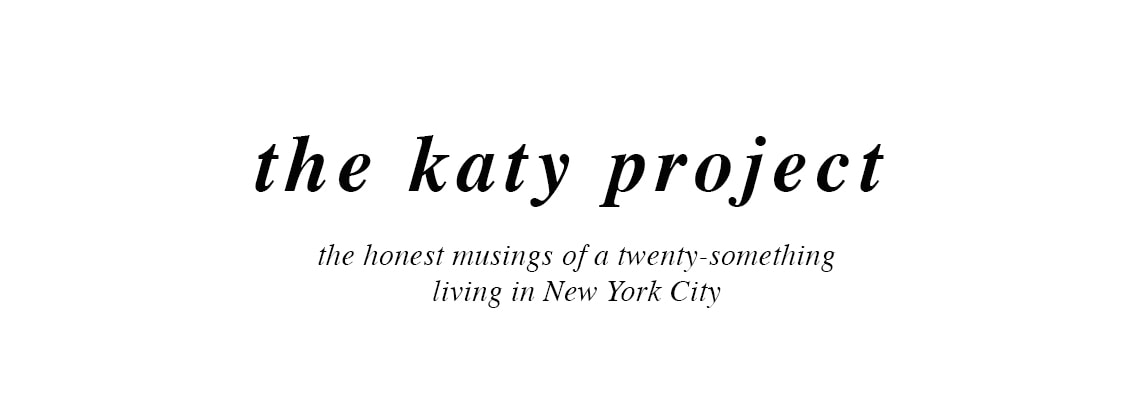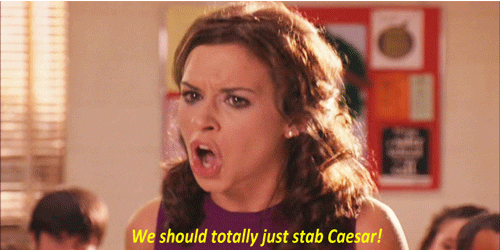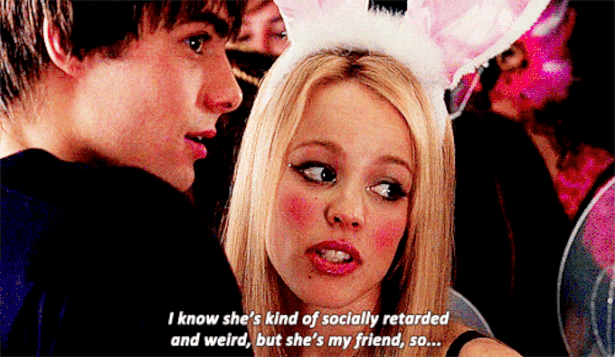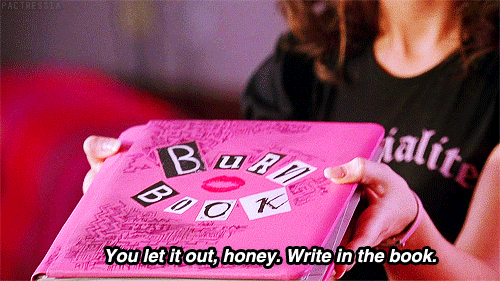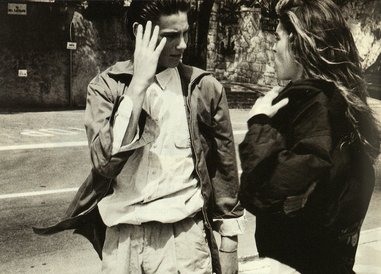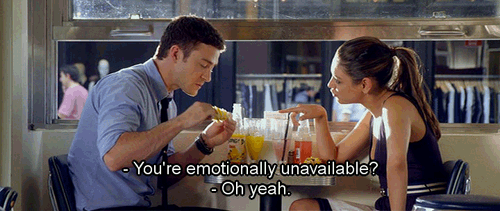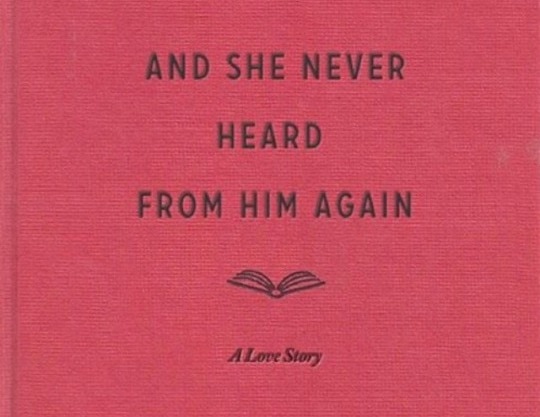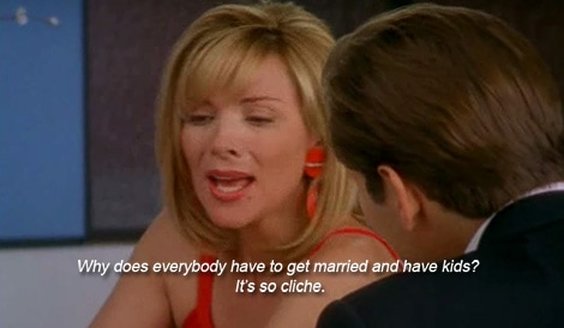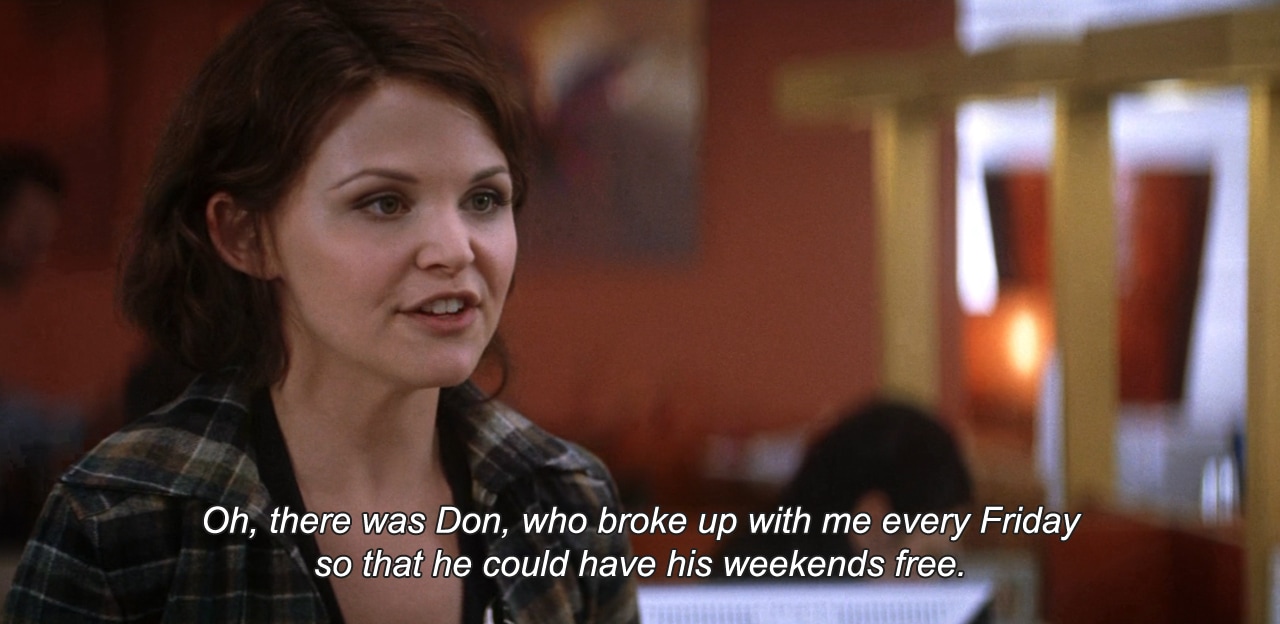|
Plain and simple, talking sh*t is a practice that dates back centuries. Although Brutus didn’t start a group text with his Roman senator friends to talk about Caesar behind his back, it can be assumed that there was some hush-hush gossip involved. It is said that as Caesar saw his BFF-turned-conspirator Brutus approaching him on the day of his death, he simply pulled his toga over his head and mumbled “You too, Brutus?” The truth of the matter is, we’re all Brutus at one point or another. We all find other people’s names in our mouths, whether we’d like to admit it or not. But why? Why do we feel so personally offended by the actions of others, when it has nothing to do with us? Although 21st century back-stabbing isn’t quite as literal as it once was, you’d be lying if you said that you have never, ever spoken about someone without their knowing. Sometimes it happens without you even intending for it to. Additionally, there are different mediums in the art of talking sh*t— either to simply share unbiased information (“Did you hear that Rebecca got a nose job?”), formulate biased opinions on said information (“Did you hear that Rebecca got a nose job? Good for her, her old nose was hideous”), or downright rash comments about an individual (“Fuck Rebecca. She’s the WOAT.”). A prominent reason why people feel the need to talk about others is rooted in our human desire to be “in the know” and let everyone else and their mother know that we are indeed “in the know.” We all love having information to share. Whether it’s tagging your friends in a relatable meme, or being the first to alert your group chat that the couple you’ve all been secretly obsessed with broke up, everyone loves to share. After all, why do you think that so many different news outlets exist? CNN, ABC, MSNBC, E!…The world is far too large for just one exceptionally tight-faced news anchor. I distinctly remember a third grade teacher of mine proclaiming “if you don’t have anything nice to say, don’t say it at all.” Not to allow politics to enter the safe space that is my blog— but the current leader of our country doesn’t have the nicest things to say about everyone, and he’s sitting in the White House. Chances are, our names have all been in other people’s mouths at some point in time, without us even doing anything to provoke it. People who hardly know us have probably screenshotted our Instagrams to send in their groupchats (“lol look at Katy, she thinks she’s soooooo coooool”) and some of them don’t even have an explicit reason why. I’ve learned that a person could hate your guts but still check your Instagram and Snapchat religiously. While talking sh*t isn’t necessarily a skill that a person is inclined to add to their LinkedIn profile, it’s just a part of life. Is it really such a big deal? While we can’t stop the “locker room talk” from occurring altogether, we can adjust our personal perception of it all. Phineas T. Barnum, the 19th century circus owner, is famous for allegedly saying “there is no such thing as bad publicity.” Despite the many flubs in his circus business that generated quite a bit of talk amongst 20th century America, he still died a very rich and accomplished man. He died doing the thing he loved most— performing. (He quite literally had a stroke during one of his performances and died.) Ironically, Barnum’s circus competitors, the Ringling Brothers, bought out his business after his death in 1907. However, the quote is still a valid one. Perhaps all the sh*t talking doesn’t mean much in the grand scheme of things. People ask me all the time, “Katy, how do you deal with the negative feedback that you receive on your social media and videos?” Personally, I know that for every hate comment that is tangibly written on my social media platforms, ten more comments were made intangibly behind my back. The truth of the matter is, if you do something even remotely “different” or “avant garde” with your life— in terms of occupation, religion, romantic preference, hair style, etc.,— be prepared to receive criticism. Most of this criticism will also take place behind your back by perfect strangers. Some of this criticism won’t even be deserved; it will be unnecessarily mean and hurtful. If knowing that you’ll get sh*t on stops you from pursuing a dream, whatever it may be, then I genuinely feel sorry for you.
No one in history has ever chased a dream without a little bit of push-back. I’ll say it again: it’s just a part of life. A (sometimes) pretty fucked up part of life— like having to pay taxes on clothes and Chick-Fil-A being closed on Sundays— but a part of life, nonetheless. Sh*t talking has ignited movements, won peace for suffocated Nations and fueled change. It’s not all bad. In summary: Sh*t talking might’ve killed Caesar, but despite what’s been said about us, we’ll all be just fine. I promise. As the late Winston Churchill said: “You have enemies? Good. That means you've stood up for something, sometime in your life.”
5 Comments
“I’ll see you around,” he lied. “Yeah for sure,” I lied right back. The hand that had once dragged itself lazily across my cheek clutched the metal knob of the door. Sparkling bits of dust swirled in the early morning light as the door swung shut, an air of stillness settling over my bedroom. I gathered my duvet closer to my body and stared blankly at the plastic stars on the ceiling. One stubborn star was freeing itself from the glue that adhered it above my bed, hanging on helplessly by a thread. I laid there, replaying the entire encounter in my head, flagging potential flaws in my behavior, the stupid words I must’ve said, where I must’ve ‘gone wrong’… “I’ll see you around.” He didn’t look into my eyes as he spoke. If it wasn’t for that small, fleeting detail, I might’ve believed him. It was the most classic phrase in the book of “What To Say To A Girl You’re Done With.” I might be stupid when it comes to choosing between Dominos pizza or a college-aged boy at 2 a.m., but I’m not stupid when it comes to “I’ll see you around”’s. I combed a hand through my messy hair and swallowed back the “oh, please do’s” and “let’s hang out again soon”’s that I’d been guilty of saying in the past— my feeble attempt of not becoming the victim of yet another one-night-stand. As he disappeared behind the closing door, all I could think was: “Well this is some pretty fucked up déjà vu.” Does it get better, or do we just get used to it? I know what you’re thinking. How could I be so naïve? Shouldn’t I just stay away from the things that constantly seem to come crashing down around me? Guys, guys, guys. I wish it were that easy. People get drunk. People hook up. People act tough. People smile through the pain. It’s all very intoxicating; the thought of actually, finally ‘getting it right this time.’ In fact, the feeling is so intoxicating that even the most intelligent and thoughtful of people go mad over it. Just look at Romeo and Juliet. “Here’s to my love! O true apothecary, Thy drugs are quick. Thus with a kiss I die.” (act 5, scene 3). Even the most relaxed of people become obsessive.
They try to distract their hearts, doing anything and everything to prevent themselves from missing someone; from missing what could’ve been. It frustrates me on a daily basis, simply because I know the truth but refuse to accept it. Like I said in my last blog post, what we want hardly ever matches up with what we allow and accept. Here is the truth: Looking for fulfillment outside of yourself results in pain, self-hatred and exhaustion. But, here is why it is so hard for us to grasp this… The feeling of warm, strong arms around you, the symphonic thud of heartbeats in unison, fluttering eyelashes against skin. For me, the intimacy aspect is what entices me to run right back into the trap every single time, like clockwork. The good morning texts, the bragging rights among friends (“oh, you guys wouldn’t believe his abs!”) the social media photos… the reasons behind craving a significant other are different for everyone, yet the same in principle. It’s a feeling so intoxicating that we can’t see straight. It’s like the feeling of finally zipping up the pants you swore you’d never fit into ever again. The feeling when you ace a test after weeks of studying. The feeling of looking at your bank statement and actually having enough to buy a round of margs and not go hungry. Feeling like you’ve finally ‘got it right’ is a sensation that tops any other. When it disappears as quickly as it arrived, we feel deflated. For lack of a more eloquent phrase to describe the feeling: I need to chill the fuck out. I know I do. I need to distract myself. Go to the gym more. Drink some green shit. Write more. Read more. Go for a walk or two. I need to do anything that I can to distract myself from my powerful need for the gratification that intimacy and male attention gives me. Because up until this point, chasing the feeling of finally ‘getting it right’ and ‘getting the guy,’ has left me both utterly wrong and alone. That’s what happens. You let people in, and without them even knowing it, they destroy you. But I stride confidently into the situation every single time, almost daring them to hurt me. It’s like taunting a starving dog with a piece of meat, knowing the chance of getting your fingers nipped is high. I do it willingly; dangling what they want most in their face and still having the audacity to hope that they won’t just take what they want and run. I do it to myself, really. The remedy: Let it hurt, but then let it go. Take a shower. Wash your sheets. Go for a run. Move on. Someday, you won’t have to do all of this. Someday, it will be right. That “Someday” just isn’t today. Sunday: a day for bottomless mimosas, hangovers masked by dark sunglasses, and a rather concealed section of the Times that can be described as either the best— or the worst— by young bachelorettes: “The Vows.” If you don’t frequent the starched pages of the New York Times, you might not be aware of this particular section, which documents the “I do’s” of New York’s finest. To me, it’s a hidden gem. To some, it’s a waste of ink. Quite frankly, after leafing through the foremost pages’ politics, crime, and turmoil overseas, “The Vows” serves as a palette cleanser of sorts. Last night, myself and a few friends clustered in a twin bed to read this Sunday’s “Vows,” devouring every word. Between paragraphs we’d discuss everything from our dream spouses, to bridesmaids’ dresses, down to every last detail such as cake flavors and invitation fonts. “My future husband…” this, “My future kids…” that. Halfway through this late-night Times session, I reached for a ballpoint and scrawled into the margin of one of the pages: “why do we settle for anything less than magic in our relationships?” And in typical fashion, this fleeting thought of mine has inspired a blog post. Even if we don’t have it written out in pen and ink, each of us has some sort of mental list illustrating what our ‘ideal life’ looks like. Granted, I’m all about accepting the unexpected in life and not being afraid of the unknown, but I, too, have a picture of how I’d like to be living my life, tucked out-of-sight in my brain somewhere. Side note: It’s normal for our ‘ideal life’ list to change as we grow, and sometimes things that we “never in a million years” would want, becomes a cherished blessing. But this is besides my point. In the words of my favorite poet, R.H. Sin: “What we claim we want rarely matches up with what we allow or accept.” It’s almost like we know what we want and deserve, to an extent. We’re not stupid. But, we accept something else, just to not upset the balance. If we lash out too quickly in a feverish expression of “wait, this isn’t what I want!!! I don’t deserve this!!!!” we could potentially scare the shit out of everyone we know. So, we stay rooted right where we are. Even if it isn’t ideal. It is quite alarming when I consider the sheer number of my personal friends and family—myself included— that have ever felt “stuck.” Stuck with an emotionally abusive boyfriend. Stuck in a major that they strongly hate. Stuck in a battle over their appearance. We’ve been so stuck in this unwanted quicksand that life has dealt us, and instead of grabbing a nearby vine and hauling our asses out, we’ve settled. We’ve accepted that this is ‘just how it goes’ and that we’ll have to ‘suck it up and maybe things will get better’. A prime example: toxic relationships and feeling “stuck” with people.
A lot of us sometimes feel trapped in our relationships and we don’t quite know why. I’ve known friends who have been cheated on repetitively, and still refuse to leave the relationship in the past. I used to be angry on my friend’s behalf, thinking, “how on earth could you stay with a cheater?!” But then it dawned on me that perhaps it isn’t their stupidity that causes one party to stay with a cheating second party— it’s their optimism. The reason why we can’t let go of people sometimes, is because deep down we still feel hope. “Maybe if I stay, things will get better. He’ll stop. He’ll love only me,” we think to ourselves, desperately, searching for any shred of hope that we can latch onto. We replay the “good times” in our heads like a vintage highlight reel. But riddle me this: has any child ever dreamt, “when I grow up, I want to be with a man who is repetitively unfaithful. I want to be with someone who I put up with, simply because I’m either too in love— or too afraid— to leave.” I certainly hope not. However, it’s much deeper than this simple concept, and we all know it. Quitting cigarettes is one thing, but a completely separate beast is trying to quit a person, cold-turkey. It doesn’t even have to be as severe as cheating. There is a feeling that creeps into relationships sometimes (with boyfriends, girlfriends, best friends, etc.) in which we just don’t vibe with it as much as we used to. Call it “falling out of love,” “boredom,” or simply a sensation of “blah.” So why do we stay? Why do we remain where we are not entirely happy? Are we lazy? Busy? Or, rather, just so deathly afraid of the unknown? More times than not, it’s fear that binds us to certain unwanted elements of our lives. I don’t know about you, but in ten years I want to smile stupidly to myself in a moment of pure joy— opening sleepy eyes to see my loving, strong husband in bed next to me, hearing the sounds of the electric city below, the sun reflecting off of the exposed brick of my ideal apartment in SoHo… Ten years from now, I want to be able to say that I had a hand in cultivating my life, and didn’t settle for the cards that were thrown my way. If you find yourself living a life that doesn't feel like it belongs to you, change it. At one point in my life, I so desperately wanted to sprout a six-pack of abs overnight. A nutritionist told me, “you can’t expect to see change in your appearance if you keep eating the same way you always have. Abs are made in the kitchen.” So, I traded my cool ranch Doritos for kale. The same thing goes for your life. If you want to start living a beautiful life that you wholeheartedly deserve, you can’t keep living the way you’ve always lived. You can’t keep tolerating the same things that you’ve always tolerated. You can’t keep accepting dirt when you deserve diamonds. It’s like ordering the prime rib and settling when the waiter brings you a questionable-looking slab of meatloaf by mistake. “Ah, it’s alright, this is just how it goes!” You aren’t stupid for being optimistic about parts of your life that aren’t going well. However, if you know in your heart that you are in a place, or with a person, that isn’t working, you’d be stupid to stay. Photos used in this article do not belong to me. Hovered over the keyboard of my iPhone 7, my fingers surged with anxious energy. No, I wasn’t about to check my account balance, dial in for a job interview or
choose the toppings for my Domino’s delivery— quite the contrary— I was formulating a message on my latest, millennial dating endeavor: Bumble. Bumble, unlike its dating app counterparts, puts the ball almost entirely in the female’s court, (at least in my experience with the ‘females seeking males’ interface) so in a nutshell, it’s the ‘Sadie Hawkins dance’ of dating applications. Contrasting with Tinder, in which either party can make the first move, Bumble requires that women initiate a chat in 24 hours or less. Two things that make my stomach hurt? Making small talk via text and time constraints. But for some reason, I am oddly infatuated with Bumble. It’s kind of like pairing black and blue. We’re not entirely sure about how we feel about the color combo, but we do it anyway. Alright, so on with the point of this article and the elusive “I’m too heavy” title. I’m getting there. I swear. As is customary on my blog, I’ll now delve into one of my many fatal flaws as a human. Today’s focus: my irrational fear of “coming on too strong.” I certainly don’t feel this way in regards to every single element of my life, mind you— I once wore a ball gown to a pizza shop— but as far as dating goes, it is a tremendous worry of mine. So there I was, on Bumble, wrestling with the daunting task of composing that first, initiative message to my match. My thought process went a little something like this: How do I come across as calm, cool and collected while also being straightforward about what I want while also acting somewhat sexy while also not making this boy run for the hills? At least for me, the fear of coming on too strong applies to every single human interaction I ever make— romantic, or not. Why are we so worried about being “too much”? When did that ever become a thing? As I write this post, I’m sitting on a bench in Washington Square park. I chose the first seat that I saw, which just so happened to be facing a jungle gym infested with children. After about 17 minutes of sitting here just blatantly staring like a total creeper, I’ve come to some conclusions. The best and worst feature that children encompass is their filter— or rather, their lack thereof. Tiny humans express whatever the fuck comes to mind, whenever the fuck it comes to mind. They might be seated next to you in a pew at church, but if something in their tiny brain says “I’m hungry” you bet your tiny cup of grape juice that the kid will make it known to not only everyone in the building, but also the heavens above. But never has a screaming, red-faced child paused to consider “hey, maybe I’m coming on too strong with this.” So, when did we develop the fear of being “too much”? The answer to this question varies, but I believe that my concern stems from my crushing fear of rejection, which I began to experience the moment I got cut from the school production of Pinocchio. But if not for being cut from the play, I wouldn’t have discovered how much I enjoy writing. If I’d never uncovered that joy, this blog wouldn’t even exist. Ok, enough about Pinocchio. Plain and simple, here are some sentiments that we must practice: You will be too much for some people. Those are just not your people. In regards to Bumble, I’m not too much for him. He is simply too little. Never, ever, EVER dilute yourself because someone can’t handle you at 100 proof. You aren’t shitty, watered-down tequila, honey, you are PATRÓN. Don’t let anyone tell you otherwise. You will always be too much for someone. Too kind, too smart, too relaxed, too loud… But as Samantha Jones from Sex and the City says in season 4, “Honey, if I worried about what every bitch in New York was saying about me, I’d never leave the house.” Back to the children in the park analogy— one of the clearest memories I have as a child is ruthlessly pushing my poor friend Abbie headfirst down a snow-covered hill in grade school. In kinder words, my mom basically said to me: ‘Katy you seriously fucked up now go say you’re sorry.’ I don’t pride myself in many things, but one of my strengths to this day is apologizing for my mistakes. “Sorry I’m late,” “Sorry for hitting your mailbox with my car,” “Sorry for eating all of your leftovers when I was drunk” …you get the picture. Always, always apologize for your mistakes. But don’t you dare apologize for being who you are. You aren’t too heavy, they are just too weak to carry you. You aren’t too much. You’re damn perfect. Image is not my own; via Flikr. |
